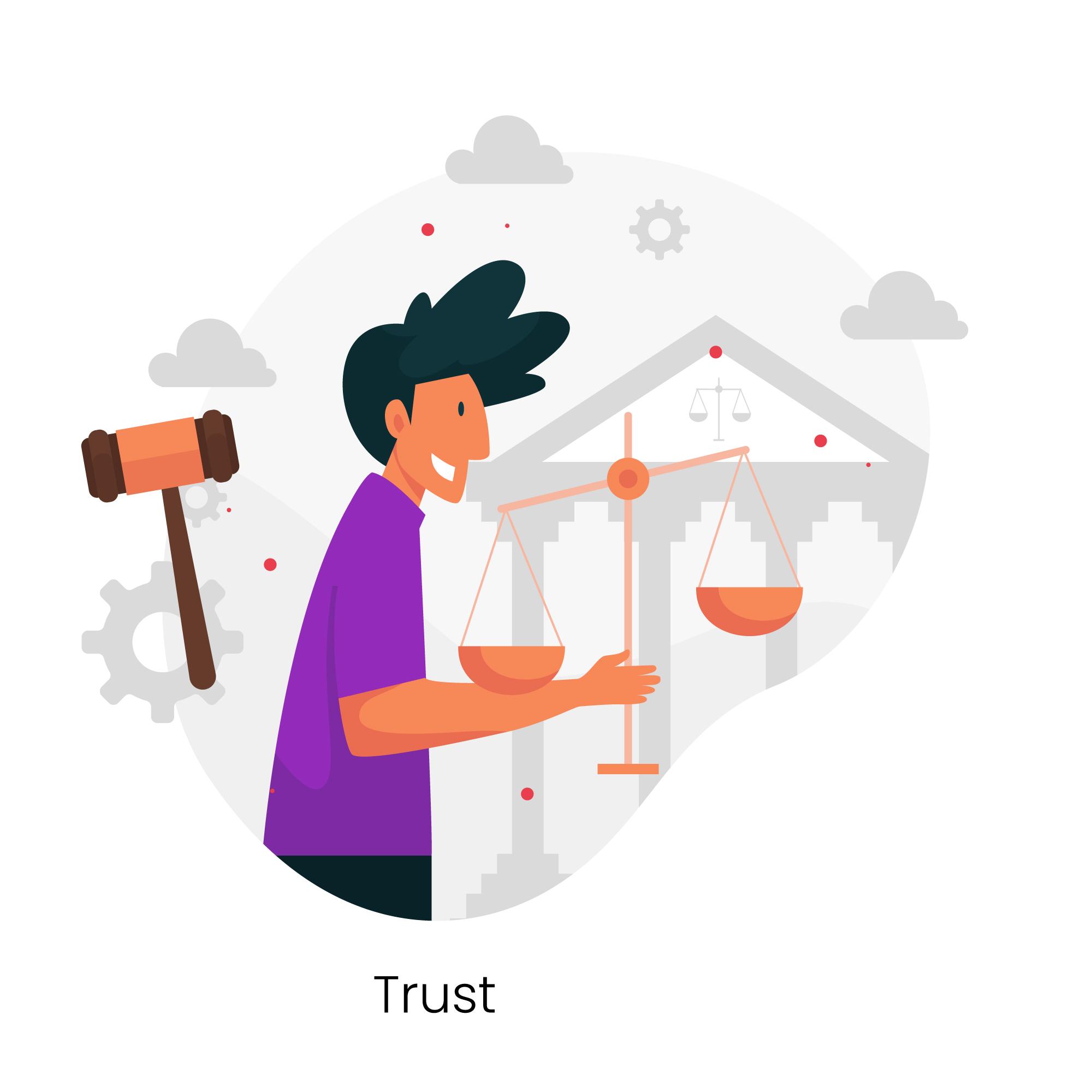Understanding Situational Ethics
Situational ethics is a philosophical concept suggesting that moral decisions should be determined by the context of a particular situation, rather than being guided by fixed rules. This idea challenges the notion of universal ethics and encourages people to recognize the fluidity of right and wrong, dependent on circumstances. It acknowledges that real-life situations often present complex challenges, making it hard to apply one-size-fits-all principles to ethical questions.
Real-World Examples:
- Edward Snowden’s Whistleblowing: Snowden exposed a range of government surveillance programs, sparking moral debates on the balance between national security and individual privacy. While his actions were considered illegal by the U.S. government, Snowden argued they were morally justified as they shed light on government overreach.
- Julian Assange and WikiLeaks: Assange’s release of classified documents created controversy regarding national security versus the public’s right to know. Like Snowden, Assange believed that revealing government secrets served a greater ethical purpose, despite the risks involved.
The Contrast Between Moral Absolutism and Relativism
Moral absolutism is the belief that certain actions are inherently right or wrong, regardless of the circumstances. In contrast, moral relativism argues that ethical standards are influenced by cultural, political, and situational contexts. Situational ethics navigates between these two views, recognizing that complex moral dilemmas require nuanced judgment.
Real-World Examples:
- Cultural Relativism in Medicine: Practices such as female circumcision or polygamy, which are considered culturally acceptable in some societies, raise ethical questions when evaluated against universal human rights principles. This tension highlights the challenge of judging cultural practices that may be at odds with other societies’ standards.
- Polygamy in Different Cultures: In some parts of the world, polygamy is widely accepted, while in others, it is regarded as unethical. The differing views illustrate how morality can shift based on cultural context, questioning whether universal ethical standards can or should be imposed.
The Complexity of Ethics in Global Issues
Ethics is not always a simple matter of adhering to the law. What is legal is not necessarily ethical, and differing moral standards across cultures and nations add further complexity. This is especially evident in areas such as war, justice, medicine, and the development of technology.
War and Military Ethics
War is often justified on grounds of self-defense, but it can also be waged for political or economic reasons. For example, the Gulf War (1990-1991) was framed as self-defense after Iraq’s invasion of Kuwait, but critics argue that control over oil resources played a significant role in the conflict.
Real-World Examples:
- The 2003 Iraq War: The U.S. invaded Iraq under the premise of eliminating weapons of mass destruction, but many questioned whether the true motivation was to gain control of Iraq’s oil resources. This raised ethical concerns about whether a nation can justify war for economic benefits.
- The War in Afghanistan: Initially justified as a response to terrorism, the U.S.-led invasion of Afghanistan post-9/11 raised ethical questions over civilian casualties and the long-term effectiveness of the war in achieving its stated objectives.
The Russia-Ukraine Conflict and International Reactions
The ongoing Russia-Ukraine conflict has ignited intense debates about the ethics of intervention and support for either side. Russia justifies its invasion as a defensive move against NATO expansion, while Ukraine defends its sovereignty. International responses, including sanctions and military aid, raise questions about the ethics of intervening in foreign conflicts.
Real-World Examples:
- The Role of NATO: Russia’s actions are partially justified as a response to NATO’s expansion, while NATO’s support for Ukraine complicates the ethical considerations of choosing sides in such a conflict, especially when a global superpower like Russia is involved.
- India’s Neutrality: India has maintained a neutral stance in the conflict, balancing its historical relationship with Russia and its energy needs, while also engaging with the West. This neutrality illustrates the ethical dilemma of navigating strategic interests in the face of a global conflict.
Justice Systems: Fairness and Flaws
Legal systems are designed to promote justice, but they can be susceptible to manipulation by wealth, politics, and corruption. The U.S. justice system, for instance, has been criticized for disproportionately incarcerating marginalized communities.
Real-World Examples:
- U.S. Criminal Justice System: The U.S. has one of the highest incarceration rates in the world, with a notably higher proportion of Black Americans in prison. This raises ethical concerns about systemic racism and the fairness of the legal process.
- Wrongful Convictions: In the U.S., there have been numerous exonerations of individuals who were wrongfully convicted, underscoring the ethical dilemma of irreversible punishments like the death penalty.
- Corruption in Brazil’s Judiciary: The Lava Jato scandal in Brazil revealed widespread corruption among political elites, prompting questions about the integrity of the legal system and its ability to deliver justice impartially.
The Ethics of Medicine and Healthcare
The intersection of profit and healthcare raises important ethical questions, particularly when high medical costs place healthcare out of reach for many individuals.
Real-World Examples:
- The U.S. Healthcare Crisis: Despite spending more on healthcare than any other nation, millions of Americans remain uninsured or underinsured, highlighting the ethical dilemma of a for-profit healthcare system that can burden individuals with excessive medical costs.
- Vaccine Inequity During COVID-19: The pandemic showcased stark inequalities in access to vaccines, with wealthier countries securing doses first, while poorer nations struggled. This exposed ethical issues related to global solidarity versus national interest in healthcare.
- The HIV/AIDS Crisis: During the AIDS epidemic, the high cost of antiretroviral drugs, due to pharmaceutical patents, limited access to life-saving medications in low-income countries, raising questions about whether health should take precedence over corporate profits.
Ethics in Artificial Intelligence
As AI becomes more integrated into society, its ethical implications in areas such as surveillance, warfare, and labor automation are becoming more apparent.
Real-World Examples:
- AI in Surveillance: In China, AI is used in a social credit system to monitor and assess the behavior of citizens, raising concerns about privacy and the potential for mass control. This system has raised significant ethical debates over personal freedom.
- AI in Warfare: AI-powered drones used in military strikes raise moral questions about accountability and the value of human life, particularly when these drones are used in targeted killings with limited oversight.
- Job Displacement Through AI: As AI and automation increasingly replace human workers, companies like Amazon have replaced warehouse staff with robots, increasing efficiency but raising ethical concerns about the long-term social consequences of job loss.
Global Trade, Oil, and Gas
Oil and gas continue to play a significant role in global politics, often driving international relations and conflicts.
Real-World Examples:
- The Iraq War and Oil: Critics of the 2003 Iraq War argue that the invasion was driven not only by concerns over weapons of mass destruction but also by a desire to control Iraq’s oil resources, raising ethical questions about the motivations behind resource-driven conflicts.
- U.S.-Saudi Arabia Relations: Despite Saudi Arabia’s history of human rights abuses, the U.S. has maintained a strong alliance with the kingdom, primarily due to its vast oil reserves. This relationship raises ethical concerns about prioritizing strategic interests over human rights.
- India’s Energy Imports: India continues to import oil from Russia, despite international sanctions, reflecting the tension between national energy needs and ethical concerns about supporting a nation engaged in war.
Towards Ethical Progress
While it may seem that profit and power often overshadow ethics, it is possible to create a balance that supports both. Businesses that embrace corporate social responsibility (CSR) demonstrate that profit can coexist with ethics.
Real-World Examples:
- Patagonia’s Commitment to Sustainability: Patagonia is known for its commitment to environmental responsibility, incorporating sustainability into its business practices without sacrificing profitability. This illustrates how ethical practices can be integrated into profitable business models.
- The Body Shop’s Ethical Sourcing: The Body Shop has been a leader in promoting fair trade and cruelty-free products, showing that businesses can operate profitably while prioritizing ethics.
- Greta Thunberg’s Advocacy for Climate Action: Thunberg’s climate activism has sparked a global movement, demonstrating the power of individual and collective action in demanding ethical changes in policy and business practices.
Final Thoughts
Situational ethics invites us to reconsider the simplistic notion of right and wrong in a complex, interconnected world. While achieving perfect justice may be unattainable, striving for fairness, transparency, and accountability can lead to significant progress in creating a more ethical society. By recognizing the nuances in each situation, we can make informed and ethical decisions in all aspects of life.







0 Comments